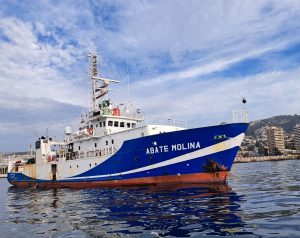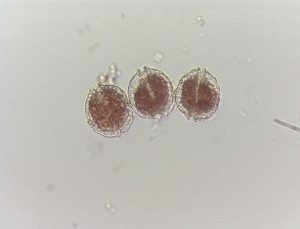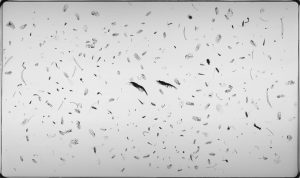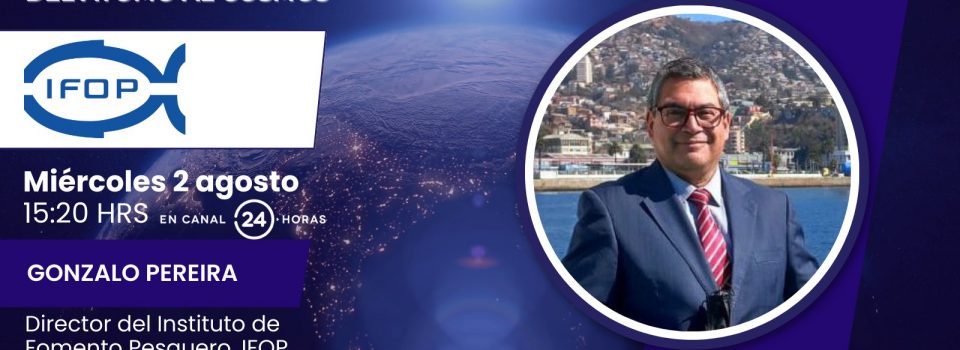Fishing Development Institute (IFOP) premieres TVN “From Atom to Cosmos Explorers” new season.
August 10th, 2023IFOP, Fishing Development Institute, is about to celebrate its 60 years of contributing scientific knowledge about what happens in our ocean.
To talk about the work they have done in these almost 6 decades, on Wednesday, August 2nd at 3:00 p.m., its director, Gonzalo Pereira, will participate in the episode that will open the season of Explorers, from atom to cosmos, on Canal 24 Horas , TVN.
Some of the topics that will be addressed in the interview, which will be conducted by the space journalist, Nicolás Vial, are:
IFOP AND ITS CONTRIBUTION TO FISHERIES RESEARCH
 Fisheries Development Institute, IFOP, has a Fisheries Research Division, whose aim is to generate and integrate information to create fisheries administration public value knowledge.
Fisheries Development Institute, IFOP, has a Fisheries Research Division, whose aim is to generate and integrate information to create fisheries administration public value knowledge.
This division has 5 departments which are: Sampling Management Department (DGM) which is dedicated to taking data in the fisheries. For its part, Fishery Evaluation Department (DEP) takes this data and generates different indicators, for example, fishing yield. All this information then reaches Resource Evaluation Department (DER) which, by integrating this data, analyzes resource´s status (biomass levels, abundance, etc.) and thereby prepares reports on catch recommendations that are used in each resource scientific committees to define annual fishing quotas.
The other two departments are Direct Evaluations Department (DED) and Oceanography and Environment Department (DOMA) which, using Abate Molina scientific vessel, travels Chilean coasts doing different types of sampling and research to find out fishery resources biomass state and ocean’s environmental conditions.
In order to carry out these investigations, IFOP has Marine Operations Department, under an Executive Directorate, which is in charge of Abate Molina Scientific Vessel to carry out yearly scheduled cruises (generally there are 7, but it depends on species). , considering that there are between 220 and 240 days spent in navigation between Arica and the Los Lagos Region.
RED TIDE: HOW TO DEAL WITH THIS INCREASING PHENOMENON
 Red tide is a phenomenon that occurs with harmful algal bloom (HAB) and that can have an important repercussions for people’s health and marine ecosystems. It has been seen that in recent years these phenomena are increasingly recurrent, extensive and intense.
Red tide is a phenomenon that occurs with harmful algal bloom (HAB) and that can have an important repercussions for people’s health and marine ecosystems. It has been seen that in recent years these phenomena are increasingly recurrent, extensive and intense.
Understanding this phenomenon is a job that IFOP has been developing in recent decades and has addressed it through different areas: monitoring and research through FAN Study Center. Regarding monitoring, since 2006 cruises have been carried out through the fjords between Los Lagos Region and Magallanes Region to take periodic waters samples of this entire area. In addition, since 2018, sampling began in the Pacific between Biobío and Aysén Region.
At the same time, these data also feed the research carried out at the Institute, which is the other area of work. These research aims to understand these phenomena, what they are due to, what conditions cause them to proliferate, etc. In this line, IFOP recently participated in a 5 years research and was carried out in collaboration with state and academic institutions from Chile and Japan.
CLIMATIC CHANGE AND ITS IMPACT ON THE OCEAN
 The year 2023 IFOP celebrates 59 years since its foundation and since the beginning, with the instruments of the time, fishing surveys, oceanographic sampling and planktonic samples collection have been carried out along the Chilean coast, in Biofishing and Oceanographic cruises.
The year 2023 IFOP celebrates 59 years since its foundation and since the beginning, with the instruments of the time, fishing surveys, oceanographic sampling and planktonic samples collection have been carried out along the Chilean coast, in Biofishing and Oceanographic cruises.
Today, thanks to technological advances, 30,000 samples that have been collected in this time are in the process of becoming a public digital library, a job that will take at least 8 years.
Also in the oceanographic study, in IFOP they use technological tools such as hydrodynamic and biogeochemical models to predict, alert and manage the southern coast of our country and thus generate support in decision-making and the elaboration State’s Marine field policies.
Press related links:
aqua.cl
